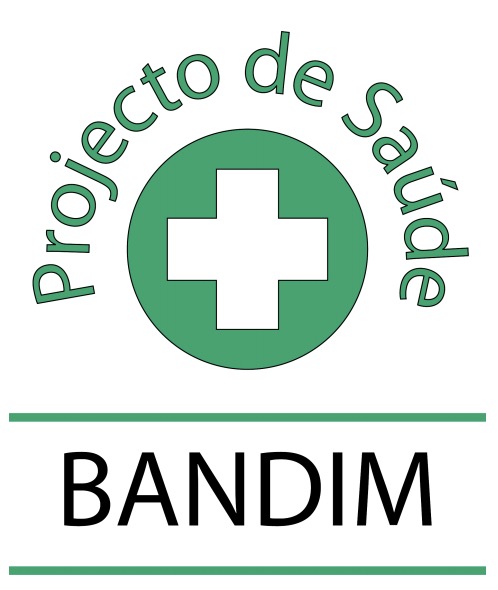About the project
Childhood morbidity and potential non-specific effects of the childhood vaccination programmes in the Nordic countries
Children in the Nordic Countries are offered many vaccines that protect against a wide variety of specific infectious diseases. Studies from low-income countries indicate that vaccines might also alter the resistance towards other diseases.
The main aim of this project is to examine if vaccines can affect the health of children in Nordic Countries, besides the protection offered against the targeted diseases. We will examine this by analysing register information on vaccinations, hospitalisations, and medication use for children in Finland, Sweden, Norway, and Denmark. We will also include information on socio-economic conditions, as this might affect both vaccination- and health-status. All data will be collected and stored according to the national laws and guidelines. No individual subject can be identified from the study reports or publications.
In the first part of the project, we will develop common health indicators. The health indicators we will study are hospital admissions for infections, use of antibiotics, and atopic diseases. We will compare the occurrence of these health indicators between Finland, Sweden, Norway, and Denmark and identify risk factors. This part of the project will provide important background information for the examination of the association between vaccinations and health.
In the second and main part of the project, we will examine if vaccines affect the health indicators defined in the first part of the project. In recent years, new vaccines have been introduced in the Nordic countries (like the human papillomavirus vaccine (HPV) and the rotavirus vaccine). We will compare the health indicator levels before and after the introduction of these vaccines. In addition, we will also compare the health indicator levels of children receiving the vaccines and those not receiving the vaccines after the vaccines were introduced. In Denmark, the measles, mumps, and rubella (MMR) vaccine has been shown to have added value; it protected against being hospitalised with infectious diseases in general, and particularly it protected against pneumonia. In the current project, we will test this finding in the other Nordic countries.
With this project, we hope to gain more knowledge about the relation between vaccines and the overall health of children in the Nordic countries. Such information is important for the understanding of how vaccines affect the immune system. Ultimately, this might lead to improved childhood vaccination programmes.
The project is 5-year project funded by NordForsk and runs from October 2017 to September 2023

